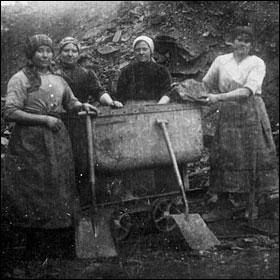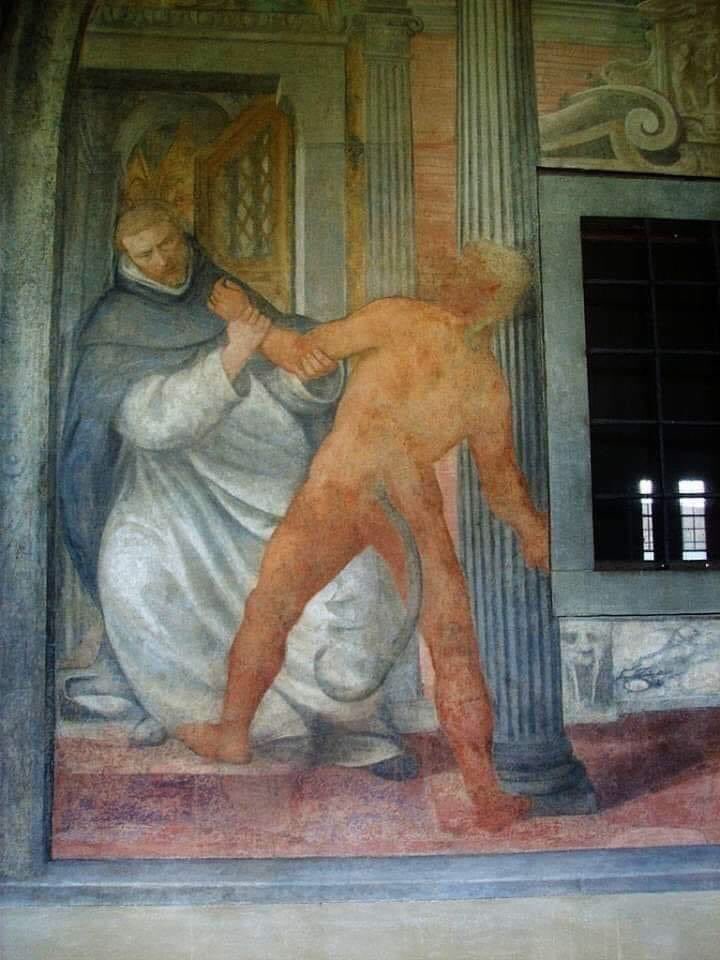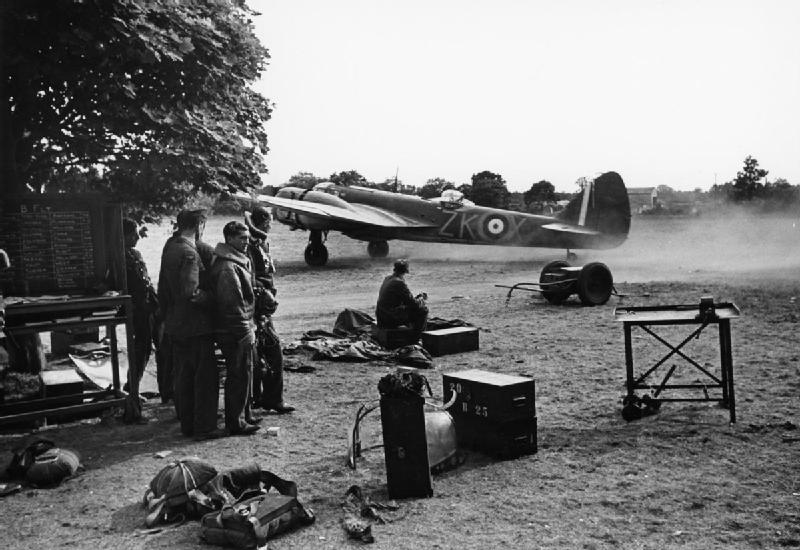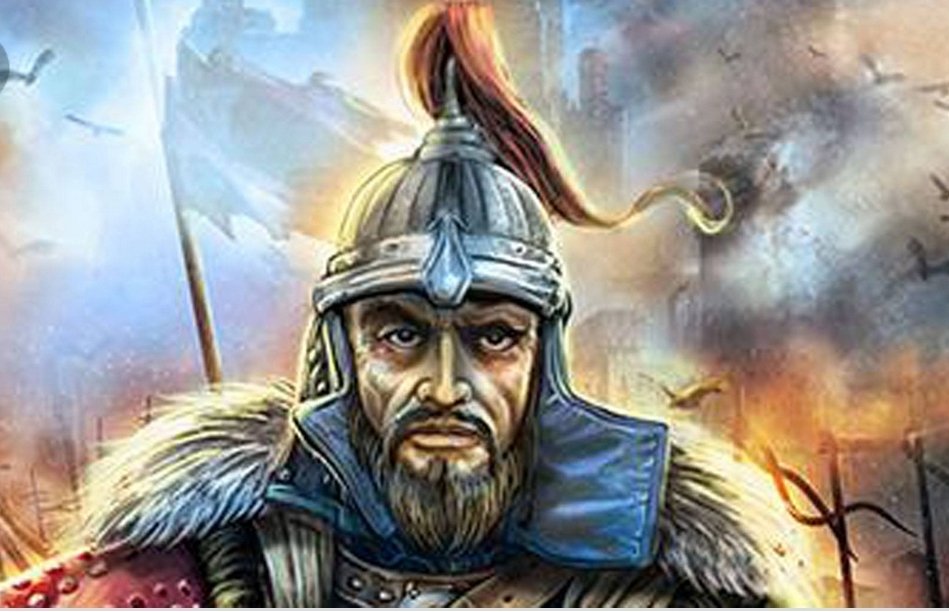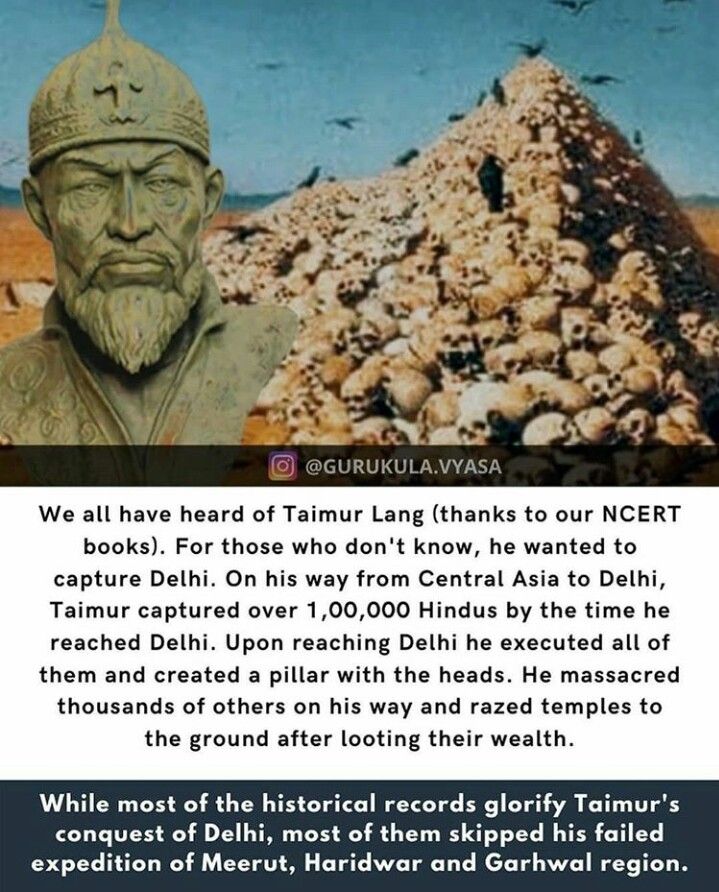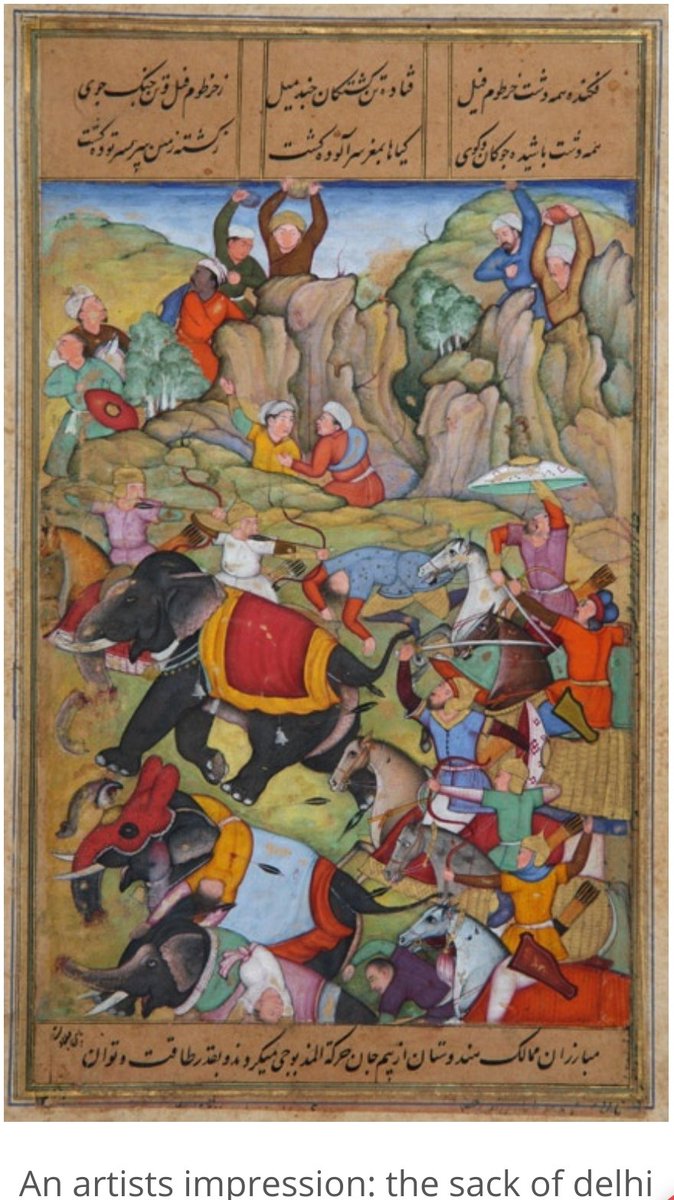"The self-burning of Vietnamese Buddhist monks in 1963 is somehow difficult for the Western Christian conscience to understand. The Press spoke then of suicide, but in the essence, it is not. It is not even a protest."
"What the monks said in the letters they left before burning themselves aimed only at alarming, at moving the hearts of the oppressors and at calling the attention of the world to the suffering endured then by the Vietnamese."
"To burn oneself by fire is to prove that what one is saying is of the utmost importance. There is nothing more painful than burning oneself. To say something while experiencing this kind of pain is to say it with the utmost of courage, frankness, determination and sincerity."
"During the ceremony of ordination, as practiced in the Mahayana tradition, the monk-candidate is required to burn one, or more, small spots on his body in taking the vow to observe the 250 rules of a bhikshu..."
"... to live the life of a monk, to attain enlightenment and to devote his life to the salvation of all beings.
One can, of course, say these things while sitting in a comfortable armchair;..."
"... but when the words are uttered while kneeling before the community of sangha and experiencing this kind of pain, they will express all the seriousness of one’s heart and mind, and carry much greater weight."
"The Vietnamese monk, by burning himself, says with all his strength and determination that he can endure the greatest of sufferings to protect his people. But why does he have to burn himself to death?"
"The difference between burning oneself and burning oneself to death is only a difference in degree, not in nature."
"A man who burns himself too much must die. The importance is not to take one’s life, but to burn. What he really aims at is the expression of his will and determination, not death."
"In the Buddhist belief, life is not confined to a period of 60 or 80 or 100 years: life is eternal. Life is not confined to this body: life is universal."
"To express will by burning oneself, therefore, is not to commit an act of destruction but to perform an act of construction, i.e., to suffer and to die for the sake of one’s people."
"This is not suicide. Suicide is an act of self-destruction, having as causes the following:
lack of courage to live and to cope with difficulties
defeat by life and loss of all hope
desire for non-existence (abhava)"
"This self-destruction is considered by Buddhism as one of the most serious crimes."
"The monk who burns himself has lost neither courage nor hope; nor does he desire non-existence. On the contrary, he is very courageous and hopeful and aspires for something good in the future."
"He does not think that he is destroying himself; he believes in the good fruition of his act of self-sacrifice for the sake of others."
"Like the Buddha in one of his former lives — as told in a story of Jataka — who gave himself to a hungry lion which was about to devour her own cubs..."
"... the monk believes he is practicing the doctrine of highest compassion by sacrificing himself in order to call the attention of, and to seek help from, the people of the world."
"I believe with all my heart that the monks who burned themselves did not aim at the death of the oppressors but only at a change in their policy."
"Their enemies are not man. They are intolerance, fanaticism, dictatorship, cupidity, hatred and discrimination which lie within the heart of man."
"I also believe with all my being that the struggle for equality and freedom you lead in Birmingham, Alabama… is not aimed at the whites but only at intolerance, hatred and discrimination. These are real enemies of man — not man himself."
"In our unfortunate father land we are trying to yield desperately: do not kill man, even in man’s name. Please kill the real enemies of man which are present everywhere, in our very hearts and minds."
"Now in the confrontation of the big powers occurring in our country, hundreds and perhaps thousands of Vietnamese peasants and children lose their lives every day, and our land is unmercifully and tragically torn by a war which is already twenty years old."
"I am sure that since you have been engaged in one of the hardest struggles for equality and human rights, you are among those who understand fully, and who share with all their hearts, the indescribable suffering of the Vietnamese people."
"The world’s greatest humanists would not remain silent. You yourself can not remain silent."
"America is said to have a strong religious foundation and spiritual leaders would not allow American political and economic doctrines to be deprived of the spiritual element."
"You cannot be silent since you have already been in action and you are in action because, in you, God is in action, too — to use Karl Barth’s expression. And Albert Schweitzer, with his stress on the reverence for life and Paul Tillich with his courage to be, and thus, to love."
"And Niebuhr. And Mackay. And Fletcher. And Donald Harrington."
"All these religious humanists, and many more, are not going to favour the existence of a shame such as the one mankind has to endure in Vietnam."
"Recently a young Buddhist monk named Thich Giac Thanh burned himself to call the attention of the world to the suffering endured by the Vietnamese, the suffering caused by this unnecessary war — and you know that war is never necessary."
"Another young Buddhist, a nun named Hue Thien was about to sacrifice herself in the same way and with the same intent, but her will was not fulfilled because she did not have the time to strike a match before people saw and interfered."
"Nobody here wants the war.
What is the war for, then?
And whose is the war?"
"Yesterday in a class meeting, a student of mine prayed..."
" 'Lord Buddha, help us to be alert to realize that we are not victims of each other. We are victims of our own ignorance and the ignorance of others. Help us to avoid engaging ourselves more in mutual slaughter because of the will of others to power and to predominance.' "
"In writing to you, as a Buddhist, I profess my faith in Love, in Communion and in the World’s Humanists whose thoughts and attitude should be the guide for all human kind in finding who is the real enemy of Man.
June 1, 1965
Nhat Hanh"
One year later in June 1966 Thich Nhat Hanh finally met Martin Luther King Jr. for the first time in Chicago:
"From the first moment, I knew I was in the presence of a holy person. Not just his good work but his very being was a source of great inspiration for me."
"When those who represent a spiritual tradition embody the essence of their tradition, just the way they walk, sit, and smile speaks volumes about the tradition."
"Martin Luther King Jr. was young at that time, as was I. We both belonged to the Fellowship of Reconciliation, an organization working to help groups in conflict find peaceful resolution."
"We had tea together in his room, and then we went down for a press conference. In the press conference, Dr. King spoke out for the first time against the Vietnam War. That was the day we combined our efforts to work for peace in Vietnam and to fight for civil rights in the US."
"We agreed that the true enemy of man is not man. Our enemy is not outside of us. Our true enemy is the anger, hatred, and discrimination that is found in the hearts and minds of man. We have to identify the real enemy and seek nonviolent ways to remove it."
"I told the press that his activities for civil rights and human rights were perfectly in accord with our efforts in Vietnam to stop the war.
In May 1967, one year later, I met Martin Luther King Jr. again in Geneva at a conference called Pacem in Terris—Peace on Earth"
"Dr. King was staying on the eleventh floor; I was on the fourth floor. He invited me up for breakfast. On my way, I was detained by the press, so I arrived late. He had kept the breakfast warm for me and had waited for me."
"I greeted him, Dr. King, Dr. King!
Dr. Hanh, Dr. Hanh! he replied."
"We were able to continue our discussion on peace, freedom, and community, and what kind of steps America could take to end the war. And we agreed that without a community, we cannot go very far. Without a happy, harmonious community, we will not be able to realize our dream."
"I said to him, 'Martin, do you know something? In Vietnam they call you a bodhisattva, an enlightened being trying to awaken other living beings and help them move toward more compassion and understanding.'"
—
@thichnhathanh
"I’m glad I had the chance to tell him that, because just a few months later he was assassinated in Memphis.
I was in New York when I heard the news of his assassination; I was devastated. I could not eat; I could not sleep."
"I made a deep vow to continue building what he called 'the beloved community,' not only for myself but for him also. I have done what I promised to Martin Luther King Jr. And I think that I have always felt his support."
In January 1967, Dr. King had nominated Thich Nhat Hanh for the Nobel Peace Prize. He wrote:
"I do not personally know of anyone more worthy of the Nobel Peace Prize than this gentle Buddhist monk from Vietnam."
https://t.co/hPsl3SACot
A few days after their last meeting in Geneva, Dr. King gave his "Beyond Vietnam" speech. April 4, 1967. Riverside Church, NYC.
https://t.co/v2ueQ6FLhz
MLK: "Over the past two years, as I have moved to break the betrayal of my own silences and to speak from the burnings of my own heart, as I have called for radical departures from the destruction of Vietnam, many persons have questioned me about the wisdom of my path."
"At the heart of their concerns, this query has often loomed large and loud: 'Why are you speaking about the war, Dr. King? Why are you joining the voices of dissent' 'Peace and civil rights don’t mix,' they say. 'Aren’t you hurting the cause of your people?' they ask." —MLK
"And when I hear them, though I often understand the source of their concern, I am nevertheless greatly saddened, for such questions mean that the inquirers have not really known me, my commitment, or my calling." —MLK
"Indeed, their questions suggest that they do not know the world in which they live."
— Martin Luther King Jr., on people who question why he spoke out against the war in Vietnam.
"Now it should be incandescently clear that no one who has any concern for the integrity and life of America today can ignore the present war. If America’s soul becomes totally poisoned, part of the autopsy must read 'Vietnam.'" — MLK
”It can never be saved so long as it destroys the deepest hopes of men the world over. So it is that those of us who are yet determined that 'America will be' are led down the path of protest and dissent, working for the health of our land." —MLK
"We have destroyed their two most cherished institutions: the family and the village. We have destroyed their land and their crops. We have cooperated in the crushing of the nation’s only noncommunist revolutionary political force, the unified Buddhist Church." —MLK
"Surely this madness must cease. We must stop now. I speak as a child of God and brother to the suffering poor of Vietnam. I speak for those whose land is being laid waste, whose homes are being destroy, whose culture is being subverted." —MLK
"I speak for the poor in America who are paying the double price of smashed hopes at home, and dealt death and corruption in Vietnam. I speak as a citizen of the world, for the world as it stands aghast at the path we have taken." —MLK
"I speak as one who loves America, to the leaders of our own nation: The great initiative in this war is ours; the initiative to stop it must be ours.
This is the message of the great Buddhist leaders of Vietnam." —MLK
"The war in Vietnam is but a symptom of a far deeper malady within the American spirit, and if we ignore this sobering reality we will find ourselves organizing 'clergy and laymen concerned' committees for the next generation." —MLK
"We will be marching for these and a dozen other names and attending rallies without end unless there is a significant and profound change in American life and policy.
So such thoughts take us beyond Vietnam, but not beyond our calling as sons of the living God." —MLK
"I am convinced that if we are to get on to the right side of the world revolution, we as a nation must undergo a radical revolution of values. We must rapidly begin the shift from a thing-oriented society to a person-oriented society." —MLK
"When machines and computers, profit motives and property rights, are considered more important than people, the giant triplets of racism, extreme materialism, and militarism are incapable of being conquered." — MLK
"A true revolution of values will soon look uneasily on the glaring contrast of poverty and wealth...
A true revolution of values will lay hand on the world order and say of war, 'This way of settling differences is not just.'"
—MLK
"A nation that continues year after year to spend more money on military defense than on programs of social uplift is approaching spiritual death." —MLK
The richest and most powerful nation in the world can lead the way in this revolution of values. There is nothing except a tragic death wish to prevent us from reordering our priorities so the pursuit of peace takes precedence over the pursuit of war. —MLK
https://t.co/oOWdvfXHOc
"We still have a choice today: nonviolent coexistence or violent coannihilation. We must move past indecision to action...
Now let us begin. Now let us rededicate ourselves to the long and bitter, but beautiful, struggle for a new world."
— Martin Luther King Jr.








